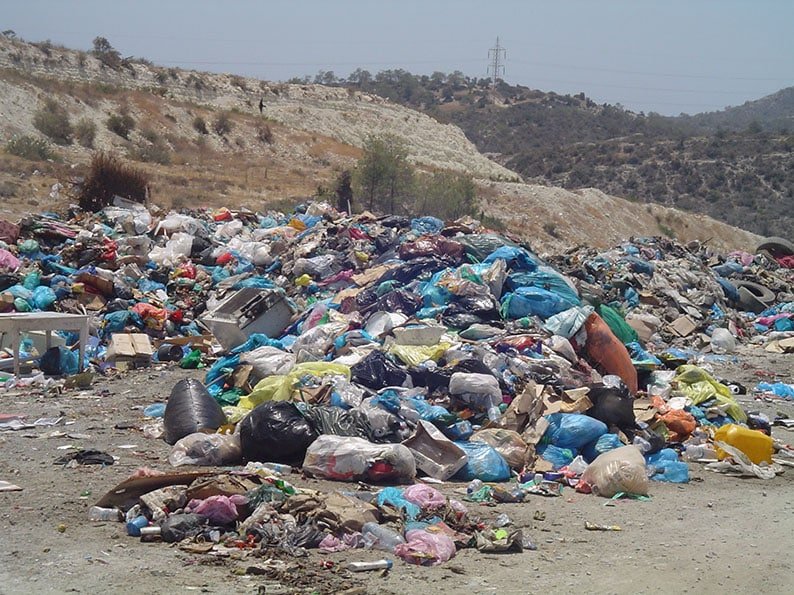Cyprus is near the bottom of a sustainable development report, ranking just 32 out of 34 European countries.
With an overall score of 61.0, Cyprus marginally improved its 2022 score of 60.7, maintaining, however its position in the ranking.
The European Sustainable Development Report for 2023/24 highlighted several problematic indicators contributing to Cyprus’ low ranking. They included excessive nitrogen use in agriculture, compensatory water imports, municipal waste recycling rates, plastic waste exports, CO2 emissions, overfishing, low levels of overseas development assistance and unfavourable tax haven assessments.
The findings released by the Sustainable Development Solutions Network (SDSN) Cyprus, expressed concern over Cyprus’ placement, stressing that it does not reflect well on the country.
SDSN is a non-profit organisation created in 2012 by the United Nations to promote sustainable development goals at national and international levels.
Efforts to achieve Sustainable Development Goals (SDGs) and meet the Paris Agreement on Climate Change remain a priority for the organisation.
Cyprus also fared worse in the last report compared to the 2022/23 in the ‘zero hunger’ parameter, one of the main SDGs, aiming to end all forms of hunger and malnutrition by 2030, making sure all people – especially children – have sufficient and nutritious food all year.
In addition to that, the ‘climate action’ parameter in Cyprus was lower. This is a crucial one for the UN, as it relates specifically to ‘Goal 13’ of the 2030 Agenda for Sustainable Development, which calls for urgent action to combat climate change and its impacts.
The report did note some progress in certain indicators, such as poverty, energy and inequality. Efforts towards further improvement are underway, including the introduction of the Cyprus National Voluntary Review in 2021, namely a process by which countries take stock and assess progress and challenges in the implementation of the SDGs.
The report indicated large gaps and a slow pace of convergence in SDG outcomes across European countries.
“Although some headway has been made on SDG goals and targets since 2015, overall progress is too slow to achieve all of the SDGs by 2030,” the report further warned.
Since its establishment in 2019, SDSN Cyprus has worked with social and governmental partners to enhance the country’s performance in implementing SDGs.
The organisation promotes the dissemination of best practices, awareness-raising, education on sustainable development, youth engagement and integration of SDGs into daily activities.
The European Sustainable Development Report for 2023/24 is available at https://eu-dashboards.sdgindex.org/







Click here to change your cookie preferences